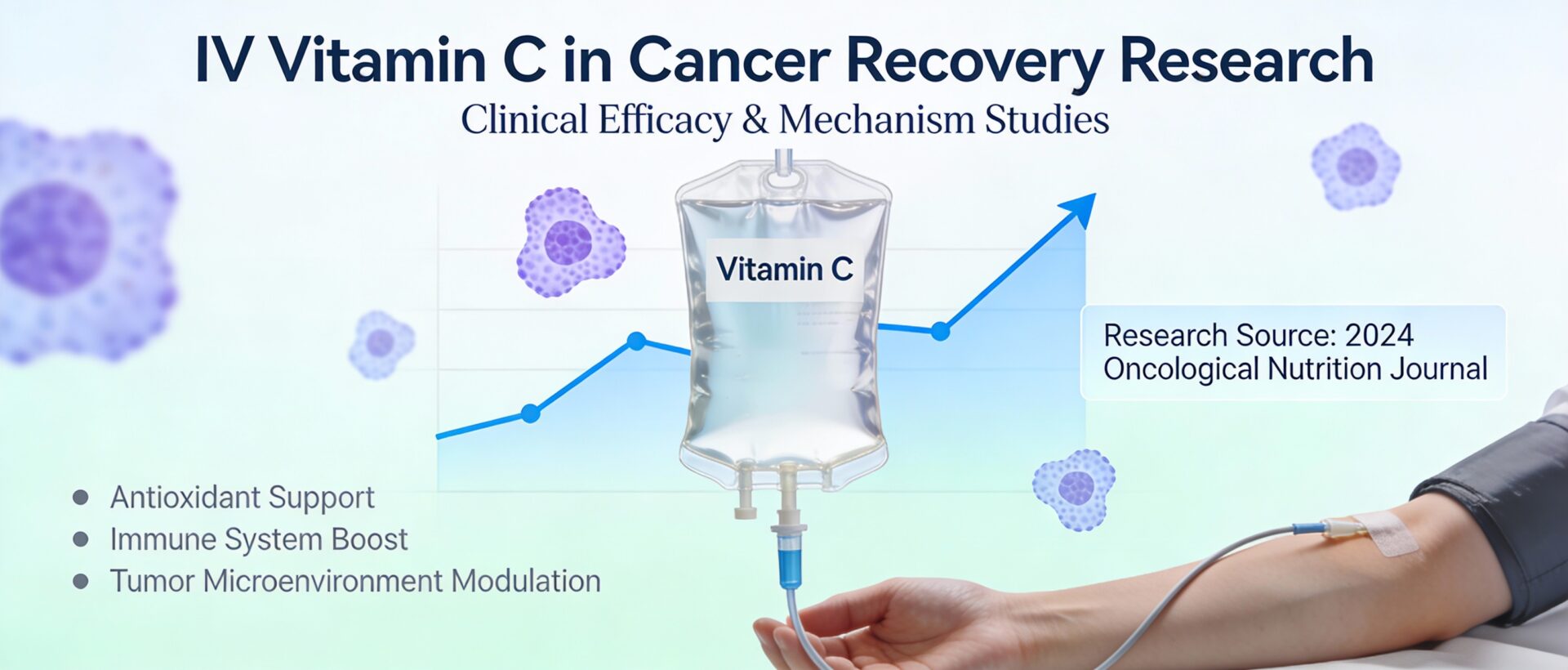Chlorophyll supplements are an increasingly popular topic in the world of health and wellness. Chlorophyll is rumored to have many documented benefits for the body yet has not received much attention until recent years. The supplement consists of a concentrated form of chlorophyll, a green pigment found in plants giving them their green color and allowing them to absorb nutrients and energy from the sun’s light through photosynthesis. The supplemental form is more concentrated than ingesting chlorophyll directly from vegetables and can be taken as droplets or in capsules. Since ingesting too much chlorophyll may come with side effects such as diarrhea and digestive issues, it is recommended between 100 mg and 300 mg per day, spread throughout the day, instead of all at once.
Chlorophyll is naturally found in most vegetables. Therefore, it’s safe to assume that chlorophyll supplements could provide many benefits. These benefits include reducing inflammation, providing antioxidants, increasing red blood cells, and flushing toxins. These benefits may lead to preventing other health issues in the future, such as heart disease, arthritis, obesity, fibromyalgia, liver/stomach/colon toxicity, chronic fatigue, and even cancer.
Due to its recent rise in popularity, the benefits of chlorophyll are still being studied. However, ask your doctor about the recommended daily amount of chlorophyll supplement based on your individual health status. Having detoxing and anti-inflammatory properties, those suffering from arthritis may feel relief from joint inflammation by taking chlorophyll droplets in their water daily. A patient overcoming complications due to obesity could also benefit from this supplement’s ability to detoxify the gut. Also, the ability to boost red blood cells can produce more oxygen in the body, allowing more productive work during a physical therapy session. This is due to its ability to help the lymphatic system remove toxins from the body. It can even eliminate the smell of body odor from sweat.
In addition to relieving complications related to arthritis, obesity, and fatigue, chlorophyll supplements have been shown to have some anticancer properties. In 2018, the government publicly released research about chlorophyll changing the redox status of pancreatic cancer cells. In layman’s terms, this means that chlorophyll can manipulate the balance of oxidants and antioxidants in the cancer cells, leading to the proper ratio that supports the body’s ability to maintain homeostasis and fight the cancer. According to the 2018 report, “Nutritional factors which exhibit antioxidant properties, such as those contained in green plants, may be protective against cancer. Chlorophylls have been shown to produce antiproliferative effects in pancreatic cancer cell lines… In conclusion, this data suggests that chlorophyll-mediated changes on the redox status of pancreatic cancer cells might be responsible for their antiproliferative and anticancer effects and thus contribute to the decreased incidence of cancer among individuals who consume green vegetables”. In this experiment, instead of taking chlorophyll as an oral supplement, it is injected directly into the cancer cells. This 2018 article provides evidence about this supplement and its ability to fight cancer, suggesting that chlorophyll may possess other, yet undiscovered benefits for additional health issues.
If you suffer from other chronic issues, such as arthritis, struggle to lose weight, or even just want to detox your body, chlorophyll may help. Because chlorophyll is new in terms of being taken as a supplement, there still is more research to be performed. Overall, since chlorophyll is found in many leafy green vegetables, it appears to be a healthy natural supplement to add to your diet. However, it is important to remember that although chlorophyll is a natural supplement, always consult your healthcare provider before starting your own supplement regimen.
Although Chlorophyll may be the answer to all your needs, taking any type of supplement should not replace a healthy diet and lifestyle. While it may provide some benefits, it is not a cure-all solution and should not be solely relied upon for optimal health. Overall, chlorophyll supplements have the potential to provide many benefits to the body and should be considered as a supplement to a healthy lifestyle.
References:
Butner, L. (2022, April 27). The health benefits of chlorophyll. Dr. Lana Wellness. https://www.drlanawellness.com/new-blog/health-benefits-chlorophyll#:~:text=As%20it%20helps%20to%20increase,toxins%2C%20thereby%20purifying%20the%20blood.
hortonj4. (2022, July 5). Are there health benefits to using liquid chlorophyll?. Cleveland Clinic. https://health.clevelandclinic.org/are-there-health-benefits-to-using-liquid-chlorophyll/
MD Anderson Cancer Center, & Alexander, H. (2021, April 21). 6 things to know about chlorophyll. MD Anderson Cancer Center. https://www.mdanderson.org/cancerwise/what-are-the-benefits-of-drinking-chlorophyll-6-things-to-know.h00-159460056.html#:~:text=These%20extra%20minerals%20are%20there,cut%20inflammation%20and%20prevent%20cancer.
MediLexicon International. (2018, June). Proven benefits of chlorophyll and how to consume more. Medical News Today. https://www.medicalnewstoday.com/articles/322361#_noHeaderPrefixedContent
Ramakrishnan, M., Papolu, P. K., Satish, L., Vinod, K. K., Wei, Q., Sharma, A., Emamverdian, A., Zou, L.-H., & Zhou, M. (2022, December). Redox status of the plant cell determines epigenetic modifications under abiotic stress conditions and during developmental processes. Journal of advanced research. https://www.ncbi.nlm.nih.gov/pmc/articles/PMC9788946/
Vaňková, K., Marková, I., Jašprová, J., Dvořák, A., Subhanová, I., Zelenka, J., Novosádová, I., Rasl, J., Vomastek, T., Sobotka, R., Muchová, L., & Vítek, L. (2018, July 2). Chlorophyll-mediated changes in the redox status of pancreatic cancer cells are associated with its anticancer effects. Oxidative medicine and cellular longevity. https://www.ncbi.nlm.nih.gov/pmc/articles/PMC6051000/
Xing, F., Hu, Q., Qin, Y., Xu, J., Zhang, B., Yu, X., & Wang, W. (2022, April 22). The relationship of redox with hallmarks of cancer: The importance of homeostasis and context. Frontiers in oncology. https://www.ncbi.nlm.nih.gov/pmc/articles/PMC9072740/
























